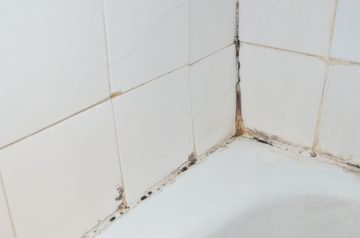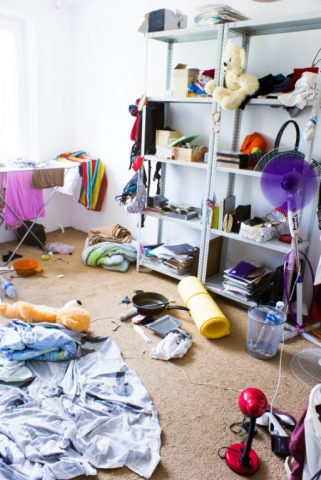The Premier League of Tenancy Deposits
The Deposit Protection Service (DPS) has released a football league table that ranks clubs by the average tenancy deposit size for their postcode.

The Premier League of Tenancy Deposits
Using the scheme’s ranking, Fulham would be top of the Premier League, while Everton would fall in bottom place of League Two.
Tenancy deposits for those renting near Craven Cottage – Fulham’s home ground in London SW6 – have averaged £1,682.76 during the 2015/16 football season, putting it top of the Premier League.
Deposits for rental properties near Everton’s ground – Goodison Park – average £383.26, the cheapest of any league club, placing the team in last place of League Two.
The DPS’s ranking puts eight Premier League teams in the bottom division – Stoke City, Leicester City, Sunderland, Aston Villa, Liverpool, Southampton, Newcastle United and Everton.
Just five Premier League clubs retain a top-league place – Chelsea, Arsenal, West Ham United, Tottenham Hotspur and Watford.
Crystal Palace and Stevenage Borough both achieve promotion from the Championship to the Premier League.
Additionally, seven League Two clubs would find themselves in the Premier League – Barnet, AFC Wimbledon, Crawley Town, Leyton Orient, Oxford United, Dagenham and Redbridge, and Cambridge United.
The Managing Director of the DPS, Julian Foster, comments: “It’s fun to see how much the most passionate supporters have to pay in the form of a deposit to live a short walk from every home game, and looking at the football league from a different perspective certainly produces some interesting results.
“As a Leeds fan, I’m devastated to see us sitting in League One – although fascinated to see Manchester United facing relegation to League Two!”
He insists: “Wherever the property, however, protecting deposits properly gives both landlord and tenant peace of mind and ensures that money is returned fairly to both parties.”
All landlords and letting agents must remember that it is a legal obligation to protect all tenancy deposits and provide tenants with the prescribed information within 30 days of receipt.










